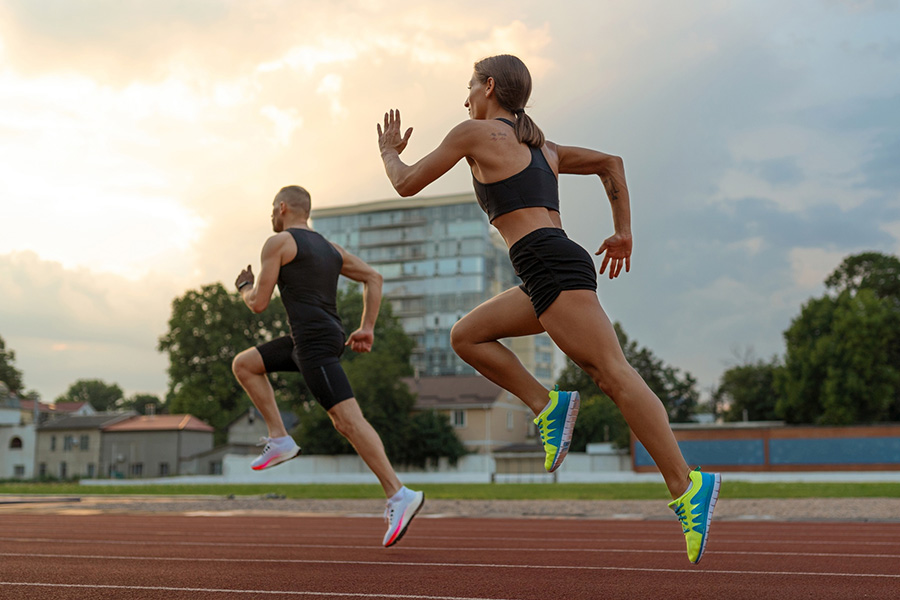
This paper argues that the principle of political neutrality should not reign supreme over athlete’s right to freedom of speech and expression.
Author
Trusha Modi, Jindal Global Law School, O.P. Jindal Global University, Sonipat, Haryana, India.
Summary
The right to freedom of speech and expression is a widely proclaimed right but far less protected, especially in the sporting arena. The compulsion to maintain political neutrality and autonomy of sports have resulted in various impediments to athlete’s freedom of speech and expression in sport.
This right is restricted by the International Olympic Committee (IOC) through Rule 50 of the Olympic Charter. Rule 50(2) prohibits any demonstration or political, racial and religious propaganda in any Olympic sites, venues or other areas. Athletes with their expression, have the power to inspire. However, in the name of political neutrality, athletes who inspired generations with their protest against racial injustice, from John Carlos, Tommie Smith to Colin Kaepernick, faced suspensions for such activism.
This paper analyses and questions the limitation imposed by Rule 50 on athletes to right to freedom of speech and expression. It is argued that the principle of political neutrality should not reign supreme over athlete’s right to freedom of speech and expression.
In doing so, the paper contributes to the existing literature by substantially analysing the theoretical reasoning for protection of this right with in-depth analysis of the application of the proportionality principle that justifies the restrictions imposed on freedom of expression in a sporting context. From a policy perspective, the paper suggests for revision of Rule 50 and implementation of a remedy process mechanism to promote Olympics goal to further human rights and bring a positive reform.
Published in: The International Sports Law Journal
To read the full article, please click here.

